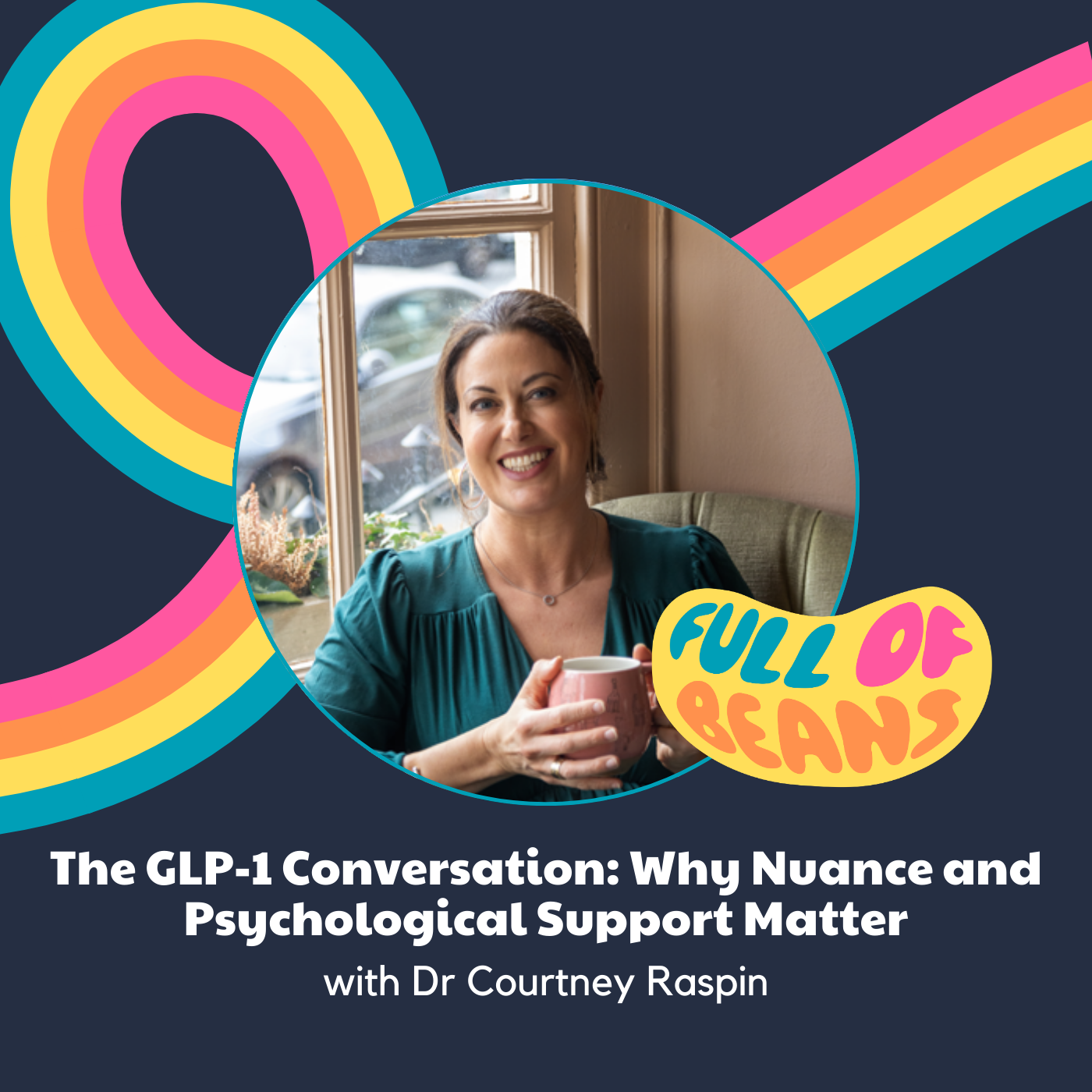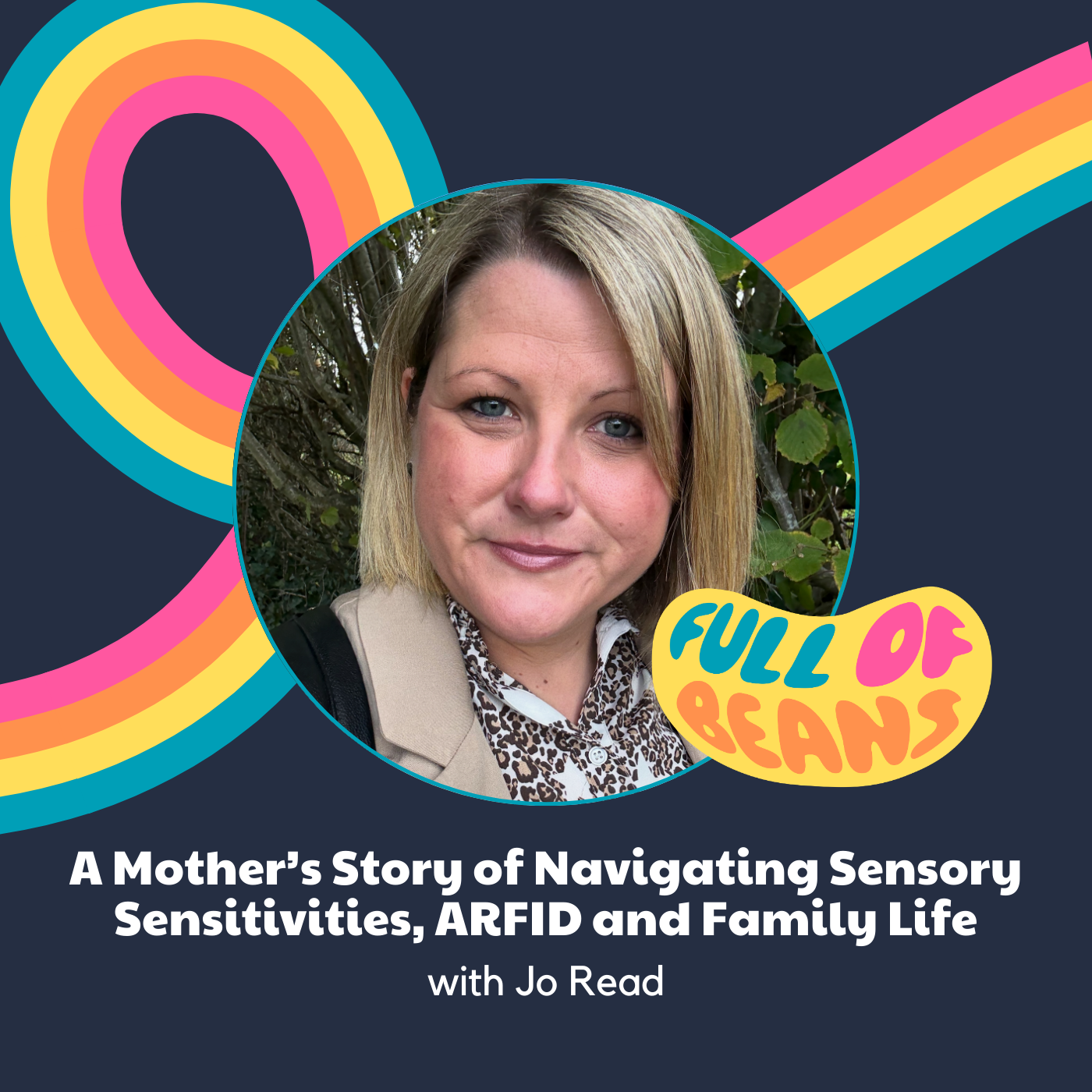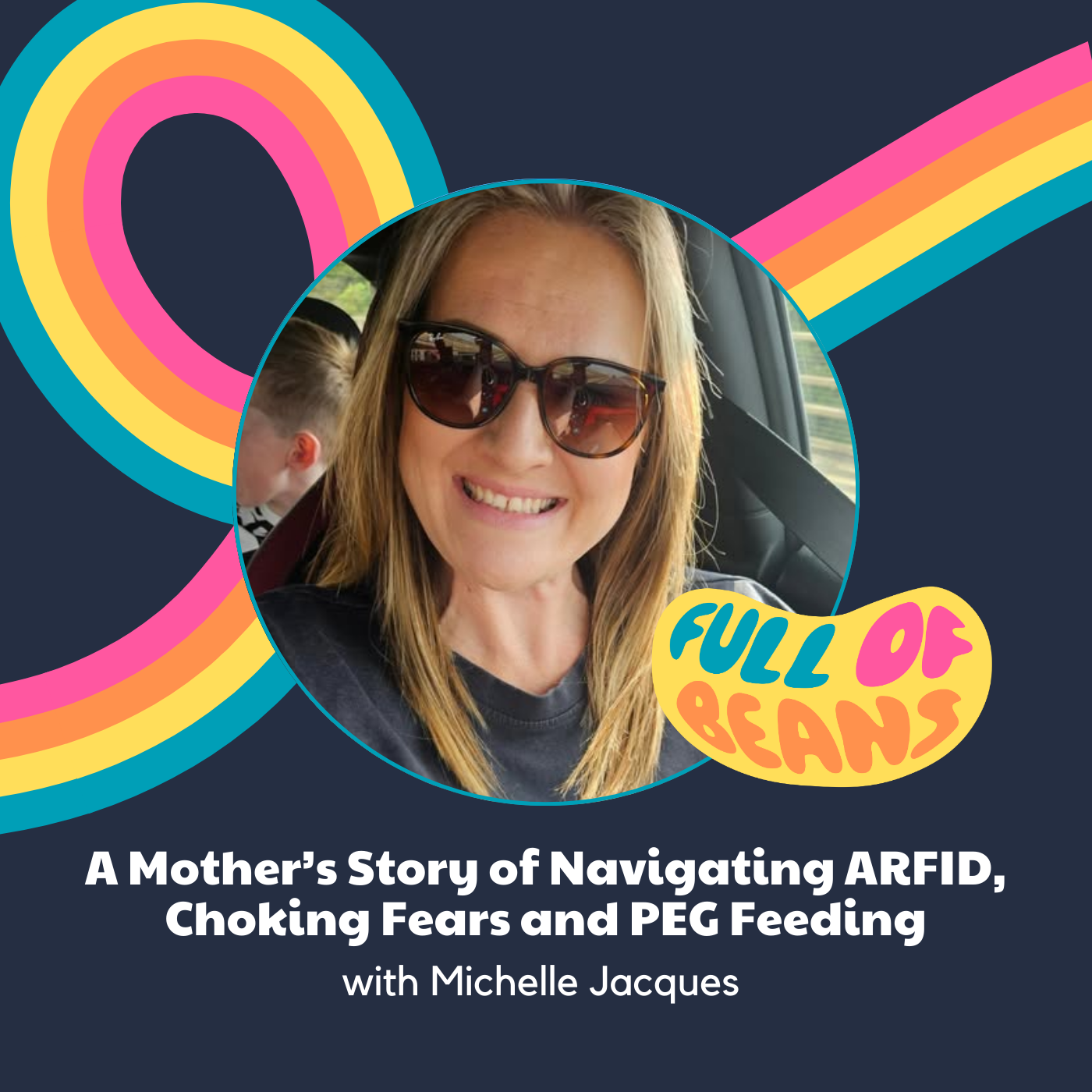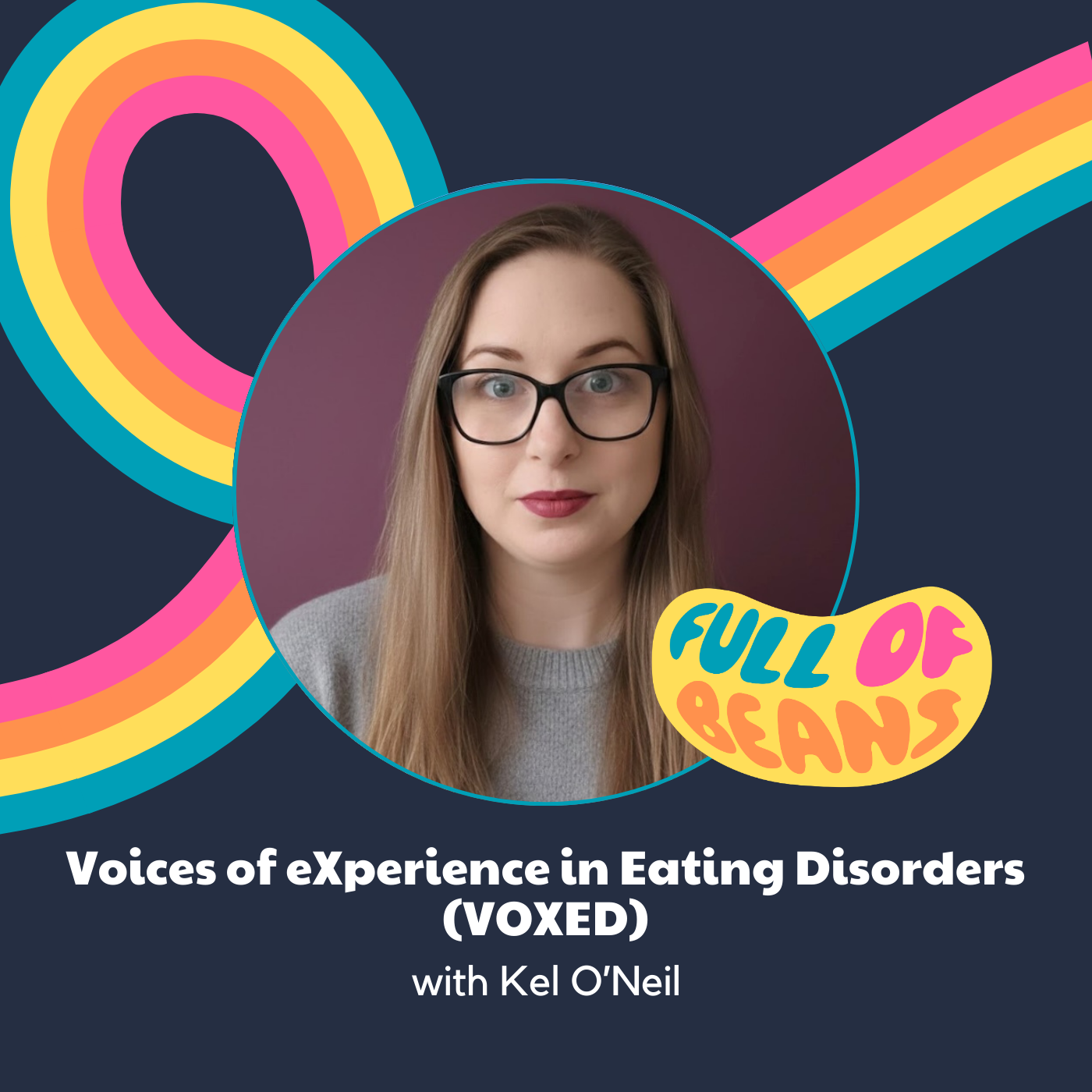Exploring the Risk of Unregulated Weight Loss Medications
GLP-1 medications may seem like a magic bullet to weight loss, but at what cost?

GLP-1 receptor agonists like semaglutide (such as Wegovy and Ozempic), are rapidly growing in popularity, often marketed as quick and effective weight-loss solutions. But while these drugs may offer clinical benefits for certain health conditions (such as obesity and diabetes), their increasingly unregulated availability poses a serious risk, particularly for people with a history of eating disorders or disordered eating behaviours.
When Medication Mimics Disordered Behaviours
GLP-1s work by suppressing appetite and slowing digestion, by mimicing appetite suppressant hormones like GLP-1s and GIPs. For some, that may sound like a miracle fix. But for those recovering from anorexia, binge eating, or laxative misuse, these drugs can recreate the very patterns they’re trying to unlearn like restriction, disconnection from hunger, and an obsession with weight control.
As Rachel Egan, a mental health campaigner and ED advocate, explained:
"I definitely would have bought or somehow found access to weight-loss jabs if they had been available on the high street like they now are."
For anyone still in the grips of disordered thinking, GLP-1s could serve as a medicalised method of purging or restriction.
A Risk Beyond Active Eating Disorders
The risk doesn’t stop with people currently struggling. GLP-1s may also:
- Trigger relapse in individuals with a history of EDs
- Reinforce restriction-based behaviours in those newly recovered
- Act as an entry point to disordered eating in young people influenced by body image culture
Even those without a formal diagnosis may turn to these medications for appetite suppression, unaware of the long-term psychological and physiological risks.
Why Regulation Matters
The problem? These medications are increasingly available via private clinics, online retailers, and even high-street stores, with little to no mental health screening.
Some individuals are reportedly manipulating weight data or using edited images to qualify for prescriptions. Without regulations in place, powerful drugs are falling into the hands of vulnerable people, without appropriate oversight or support.
There are now restrictions on laxatives to support those who abuse them, so why are we distributing GLP-1s without the same caution?
What Needs to Change
To reduce harm, regulation must include:
- Comprehensive screening for eating disorder history before prescription
- Restricted sales channels, especially for cosmetic weight loss purposes
- Mandatory support structures including GP monitoring and psychological care
- Public education campaigns on the risks of misuse, particularly for young people
The NHS and national healthcare bodies must lead in establishing these protections, not just to uphold clinical standards, but to protect lives.
Prioritising People Over Profit
GLP-1 medications have a role in supporting some individuals with chronic illness or clinically significant weight-related health concerns. But without proper regulation, they risk fuelling an already damaging culture of control, thinness, and shame.
Unregulated access to weight-loss drugs isn’t just a policy gap; it’s a public health crisis waiting to unfold.
It’s time to centre lived experience, strengthen policy, and shift the focus from weight-loss at any cost to sustainable, supported wellbeing.
If you or someone you know is struggling with disordered eating or misusing weight-loss medications, please seek professional support. You are not alone.
You can listen to our latest episode with Rachel on the Full of Beans podcast.
Sending positive beans your way,
Han 💛






